In recent years, Ozempic (semaglutide) has gained attention for its effectiveness in managing type 2 diabetes and aiding weight loss. However, like with any medication, there are considerations to keep in mind, especially concerning muscle health. One common concern among individuals using Ozempic is the potential for muscle loss.
Understanding Ozempic and Muscle Health
Ozempic belongs to a class of medications known as GLP-1 receptor agonists, which work by mimicking the effects of a hormone called glucagon-like peptide-1 (GLP-1). While effective for weight loss and glucose control, some users may experience weight loss that includes muscle mass, especially if dietary and lifestyle factors are not carefully managed.
Why Does Ozempic Cause Muscle Loss?
Ozempic (semaglutide) itself does not directly cause muscle loss. Instead, the potential for muscle loss associated with Ozempic use is more related to indirect factors:
Weight Loss: Ozempic is often prescribed to aid in weight loss, which can include both fat mass and lean muscle mass. When individuals lose weight rapidly, especially if they are not actively preserving muscle through exercise and adequate protein intake, they may experience some degree of muscle loss along with fat loss.
Appetite Suppression: GLP-1 receptor agonists like Ozempic can reduce appetite and induce feelings of fullness (satiety). While this can be beneficial for weight management, it may inadvertently lead to reduced food intake, including protein-rich foods necessary for muscle maintenance.
Changes in Body Composition: As body composition shifts due to weight loss, the proportion of muscle to fat may change. Without proper dietary support (including sufficient protein intake) and resistance exercise, individuals may lose muscle mass as part of overall weight loss.
Physical Activity Levels: Changes in physical activity patterns, either due to decreased appetite, changes in energy levels, or other factors, can contribute to muscle loss. Physical inactivity can lead to muscle atrophy (loss of muscle tissue) over time.
To mitigate the potential for muscle loss while using Ozempic, it's important to focus on maintaining a balanced diet that includes adequate protein intake, engaging in regular physical activity (including resistance training to preserve muscle mass), and monitoring overall health and nutritional needs with the guidance of healthcare professionals. By addressing these factors, individuals can better manage their weight while minimizing the risk of muscle loss associated with Ozempic use.
Importance of Protein in Muscle Maintenance
Protein is essential for muscle maintenance and repair. It provides the building blocks (amino acids) necessary for muscle protein synthesis, which is crucial for preventing muscle loss and promoting overall muscle health. For individuals using Ozempic, ensuring an adequate intake of protein becomes even more critical to counteract any potential muscle loss.
Recommended Protein Intake
The amount of protein needed varies based on factors such as age, sex, and physical activity level. However, a general guideline for preventing muscle loss is to consume approximately 0.8 grams of protein per kilogram of body weight per day. For example, a person weighing 154 pounds would aim for around 56 grams of protein daily. For those who resistance train the recommendation is slightly higher ranging from .8-1.2 grams per kilogram.
Challenges in Meeting Protein Needs
Despite the importance of protein, some individuals may find it challenging to consume enough through whole foods alone. Factors such as appetite changes due to Ozempic or dietary restrictions can limit protein intake. This is where supplementation with whey protein shakes can be beneficial.
Whey Protein: A Convenient Solution
Whey protein is a high-quality protein derived from milk. It's a complete protein source, meaning it contains all essential amino acids necessary for muscle health. Whey protein shakes are convenient and easy to consume, making them an excellent option for increasing protein intake, especially if you struggle to meet your daily needs through meals alone. Cold filtered whey protein isolate removes virtually all lactose. This higher quality variety of Whey is easily digestible and even those who are lactose intolerant tend not to have any issues.
Other Dietary Considerations
While protein is crucial, don't neglect other aspects of your diet. Aim for a balanced intake of carbohydrates, healthy fats, vitamins, and minerals to support overall health and well-being. Stay hydrated and consider consulting with a registered dietitian or healthcare provider to tailor dietary recommendations to your specific needs.
Preventing Muscle Loss on Ozempic
Maintaining muscle health while using Ozempic involves paying attention to your protein intake. By prioritizing protein-rich foods and incorporating whey protein shakes as needed, you can help prevent muscle loss and support your overall health goals effectively. Remember, consistency is key. With the right nutrition and lifestyle habits, you can optimize your experience with Ozempic while preserving muscle mass and feeling your best. Taking care of your body goes beyond medication alone—it's about making informed choices that support your long-term health and well-being.
If you're looking for a high quality Whey option to add into your routine check out our Pure Choice Farms Whey Protein Isolate.
